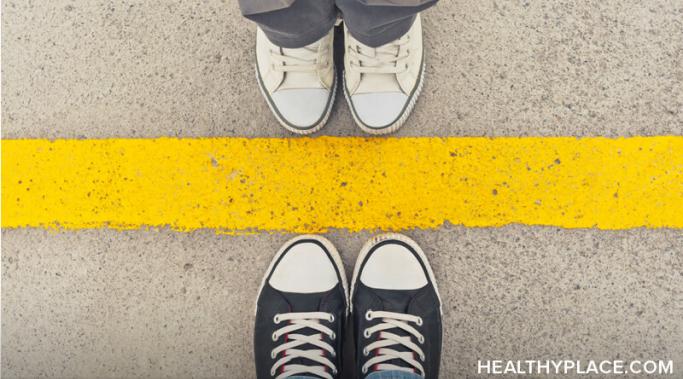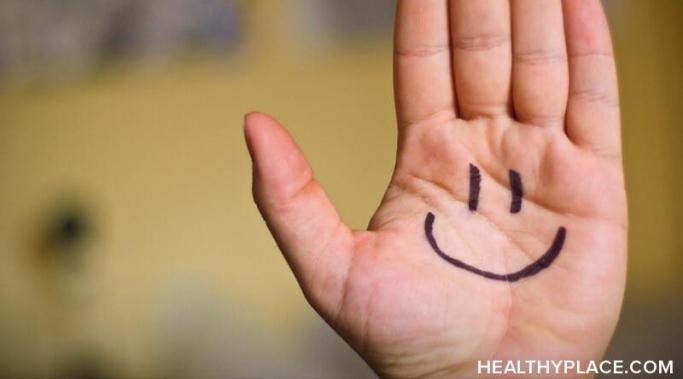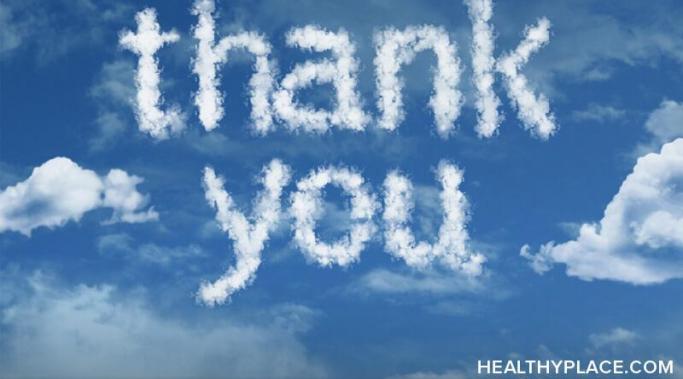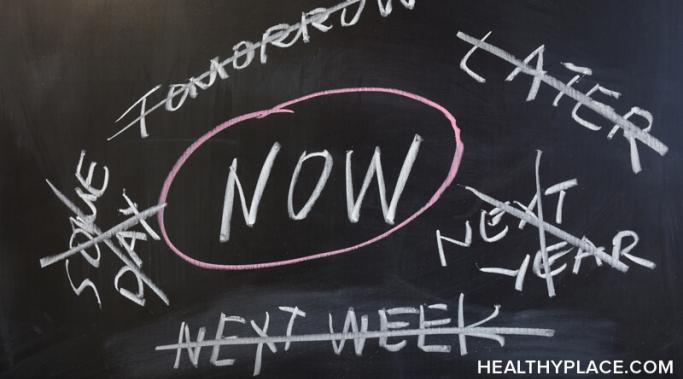Forming healthy relationships in early recovery from alcoholism is tricky. If you go the route of inpatient treatment or Alcoholics Anonymous (AA), you'll soon learn the phrase "people, places, and things." Much of that boils down to avoiding people from your active addiction to help you stay sober. So, how does someone new to recovery approach forming healthy relationships and avoid ones that may lead back to alcoholism and addiction?
Addiction Treatment
Foreboding joy is a concept I discovered recently. In her latest book, "Atlas of the Heart," Brene Brown describes 87 emotions that humans experience. While I could recognize and identify times when I felt most of the feelings she listed, foreboding joy was difficult to understand. Why do I run away and catastrophize when things are going well?
Have you ever wondered about repeat offenders? It is not uncommon to hear about folks who get in legal trouble for using drugs or alcohol, and instead of remaining sober, they go back out and use again. It is difficult to understand how someone can keep engaging in the same behavior after losing everything. Repeat offenders are often called selfish and ungrateful. But what if the opposite is true? What if repeat offenders need compassion just like everyone else?
There is a bridge from alcoholism to recovery. I could best describe my active alcoholism as a series of flaming dumpster fires and broken, smoldering bridges. Conversely, my recovery is more about building new bridges and slowly dusting off the debris from the burned ones from my past. For me, regular self-evaluation helps me pinpoint my mental health status. I do this because better mental health bridges the gap between my recovery and alcoholism.
I'm coping with grief in sobriety. Years before I got sober, I sat in church basements and listened to folks talk about the pink cloud. They claimed that by removing alcohol and other substances from their lives, they suddenly viewed the world through rose-colored glasses. The pink cloud of sobriety is supposed to feel euphoric and sparkly. But for me, the opposite was true. If anything, sobriety has been a grief journey accompanied by a rollercoaster of intense emotions.
Recovery from addiction includes fear of the unknown, which creates skewed internal messaging. Challenging these feelings for validity is the best way to uncover their reason. After the haze of alcohol disappears, we face many complicated emotions, and our pesky brain will try to regress into old thinking. This skews whether these assumptions are valid -- all it takes is some self-evaluation to sort out which fears in recovery are false.
Writing has always been a healthy outlet for me to process and express my feelings. I have been writing since I was a young girl, and it has helped me through some of the darkest periods in my life. Throughout my time writing for HealthyPlace, I have had some incredible personal breakthroughs and have been able to connect with many others who battle similar demons. However, my path has taken me in a different direction, and I am saying a final goodbye to my readers within the "Debunking Addiction" blog.
Therapy has been one of the most effective tools I have used in addiction recovery to help heal some of my inner wounds. It has provided me a space where I have felt safe to speak my truth and unpack any trauma, drama, guilt, and shame that has been stuck inside of me. Therapy helped me change my relationship with alcohol and guided me to build a more loving and compassionate relationship with myself.
Addiction is lonely, even when it is convincing you otherwise. In all honesty, I have not been feeling inspired to write lately. I have had a lot of self-doubt in my work and have been dealing with a lot of emotional baggage in my mind. I have lost touch with my true purpose, and what have I done to cope? I've self-medicated with drugs and alcohol in an attempt to ease my mind from the millions of thoughts anxiety naturally gives me.
I wish more of my friends knew how to support me in sobriety in the early days. One of the most challenging parts of sobriety for me is having to explain myself to others who do not quite understand the seriousness of addiction or substance abuse. I have grown more comfortable with this throughout my time with sobriety, but I know the difficulties of turning down an invitation to the bar because you do not want to feel triggered. Or the internal shame and anger that comes after hearing someone say, "Just one drink won't hurt."









